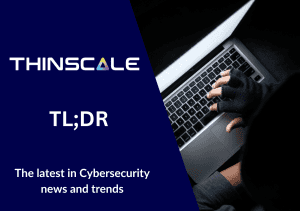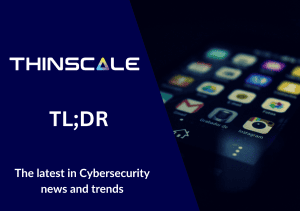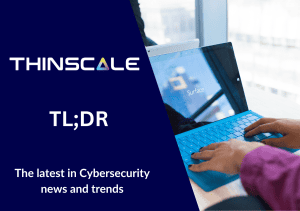From emergency rooms to reception desks, healthcare professionals depend on quick access to health records. This need for speed must align with stringent privacy and security regulations—namely, for those in the US, the Health Insurance Portability and Accountability Act (HIPAA).
The challenge of fast access in hospital environments
Hospitals operate in a unique environment where time-sensitive decisions are the norm. Emergency situations leave little room for delay. To effectively treat patients, healthcare providers need immediate access to comprehensive health records.
However, this need for rapid access often conflicts with the traditional security models designed to protect patient data. Accessing records securely through multiple layers of verification can slow down the process, which is problematic. Hospitals face the difficult task of creating a system that provides near-immediate access to data while ensuring that all access points are HIPAA-compliant and adequately secured.
What are HIPAA-compliant endpoints?
A HIPAA-compliant endpoint refers to any device or access point through which healthcare data can be retrieved, shared, or updated. This includes workstations, mobile devices, servers, tablets, or any hardware involved in handling patient information. For endpoints to be HIPAA-compliant, they must ensure the following:
- Encryption: Data must be encrypted both at rest and in transit to protect patient information from being intercepted or stolen.
- Access Controls: Only authorized personnel should be able to access sensitive data, with systems in place to ensure role-based access and timed device shutdown.
- Audit Logs: Every access or modification of patient records should be logged to ensure full accountability and traceability.
- Device Management: All devices accessing healthcare data must be managed centrally to ensure they are compliant with security policies, and can be remotely locked if compromised.
Why quick access still needs to be compliant
The balancing act between speed and security becomes especially critical when health records need to be accessed rapidly. It may be tempting to cut corners on security in emergency scenarios, such actions can lead to severe HIPAA violations. Moreover, a breach of healthcare data not only compromises patient privacy but also leaves hospitals vulnerable to reputational and legal consequences.
HIPAA compliance isn’t just a regulatory hurdle; it’s a framework that ensures the protection of patient privacy and data integrity. In the age of cyberattacks and ransomware, which disproportionately target healthcare institutions due to the high value of health data, compliance safeguards both patients and healthcare providers. Therefore, ensuring that endpoints are HIPAA-compliant is vital, even in the most urgent medical situations.
How ThinScale provides solutions for quick, compliant access to health records
To address the dual need for speed and compliance, ThinScale allows hospitals to implement several strategies that enable quick, secure access to health records:
- Single Sign-On (SSO) with Multi-Factor Authentication (MFA): ThinScale allows healthcare environments to utilize standard forms of SSO on local devices and VDI passthrough, as well as full support for healthcare-focused SSO systems like Imprivata. ThinScale also provides authentication integration with leading providers to allow traditional MFA functionality. This allows healthcare workers to log into different applications and systems quickly while maintaining compliance with HIPAA.
- Role-Based Access Control (RBAC): With ThinScale, IT teams can implement RBAC to ensure that staff (including administrators) can only access information relevant to their role. This is done through ThinScale’s central management and prevents exposure of patient information (which is an important aspect of HIPAA).
- Secure desktops, laptops, and tablets: Equipping healthcare staff with locked-down HIPAA-compliant devices allows them to access records both on the go and on-location. Encryption, anti-malware features, and data leakage prevention settings protect these devices further. This ensures that they remain secure even in remote or mobile working environments.
- Automated Session Timeouts and Auditing: In fast-paced environments, healthcare staff may leave their workstations unattended. ThinScale provides automated session timeouts to ensure that no unauthorized personnel can access records accidentally, which is a major part of HIPAA compliance.
Conclusion
In today’s healthcare environment, the need for fast access to patient health records is undeniable. However, hospitals must not sacrifice security for speed. With ThinScale technology, hospitals can allow end-users to work quickly, while adhering to the requirements set forth by HIPAA.



